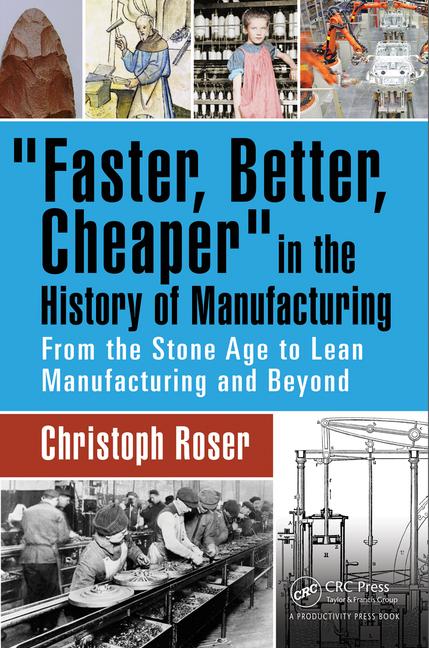After nine workers commit suicide at an electronics assembly plant in China, we wonder whether the world's largest Communist country truly is a workers' paradise.
On May 25-barely three weeks after International Workers Day-a 19-year-old employee at Foxconn Technology’s electronics assembly plant in Shenzen, China, climbed to the roof of the facility and leapt to his death. Shockingly, it was the ninth suicide at the plant this year. Another two workers survived suicide attempts, but suffered serious injuries.
The contract manufacturer, which assembles products for Dell, Apple and other companies, responded decisively. Management began playing music on the assembly line to soothe stress. Buddhist monks were brought in to exorcise whatever bad influence was causing the deaths. Hedging its bets, Foxconn also installed safety nets on factory buildings to deter further suicide attempts.
Excellent remedies all, but we wonder if they address the heart of the problem. Some in China blame the suicides on a cultural shift among the country’s young people. Some 90 percent of Foxconn’s workforce is between 18 and 24 years old. China’s young people, experts say, want more out of life than “boring factory jobs.”
Perhaps there’s something to that. Indeed, how many of our young people want to work in factories to-day? Nevertheless, enduring long hours, low pay, awful working conditions, authoritarian management and highly regimented operations-Foxconn’s assemblers live on-site in cramped dormitories-is hardly ego-boosting. Before the rash of suicides put Foxconn in the spotlight, the company paid assem-blers just $32 for a 40-hour workweek-and that’s above China’s minimum wage.
Responding to pressure from the media and OEMs, Foxconn gave assemblers a 30 percent raise. That truly is a step in the right direction. We might also suggest regular, mandatory breaks; limits on work hours; cross-training and job rotation; rigorous application of ergonomics; enforcement of workplace health and safety standards; promotion from the ranks; and a corporate culture that values teamwork, respect, and esteem for the individual.
Sadly, Foxconn is not alone. In April, the National Labor Committee reported onappalling work conditionsat an-other contract manufacturer, KYE Systems Corp. in Dongguan, China. The company, which assembles computer peripherals for Microsoft, employs thousands of “work-study students”-usually girls aged 16 to 17-who work 15-hour shifts, six or seven days a week, for a net wage of $0.52 per hour.
Overall, Chinese workers are not reaping the benefits of their prodigious labor. While wages for un-skilled workers in China have risen by approximately 8 percent annually in recent years, China’s econ-omy continues to grow at a double-digit pace. While labor’s share of national income has decreased from 53 percent in 1996 to 40 percent in 2007, the corporate share has increased from 21 percent to 31 percent. In short, the rich are getting richer, and the poor are getting poorer.
Mao Tsetung said, “The cardinal responsibility of leadership is to identify the dominant contradiction at each point in history and...resolve it.” China has reached that point-again.






